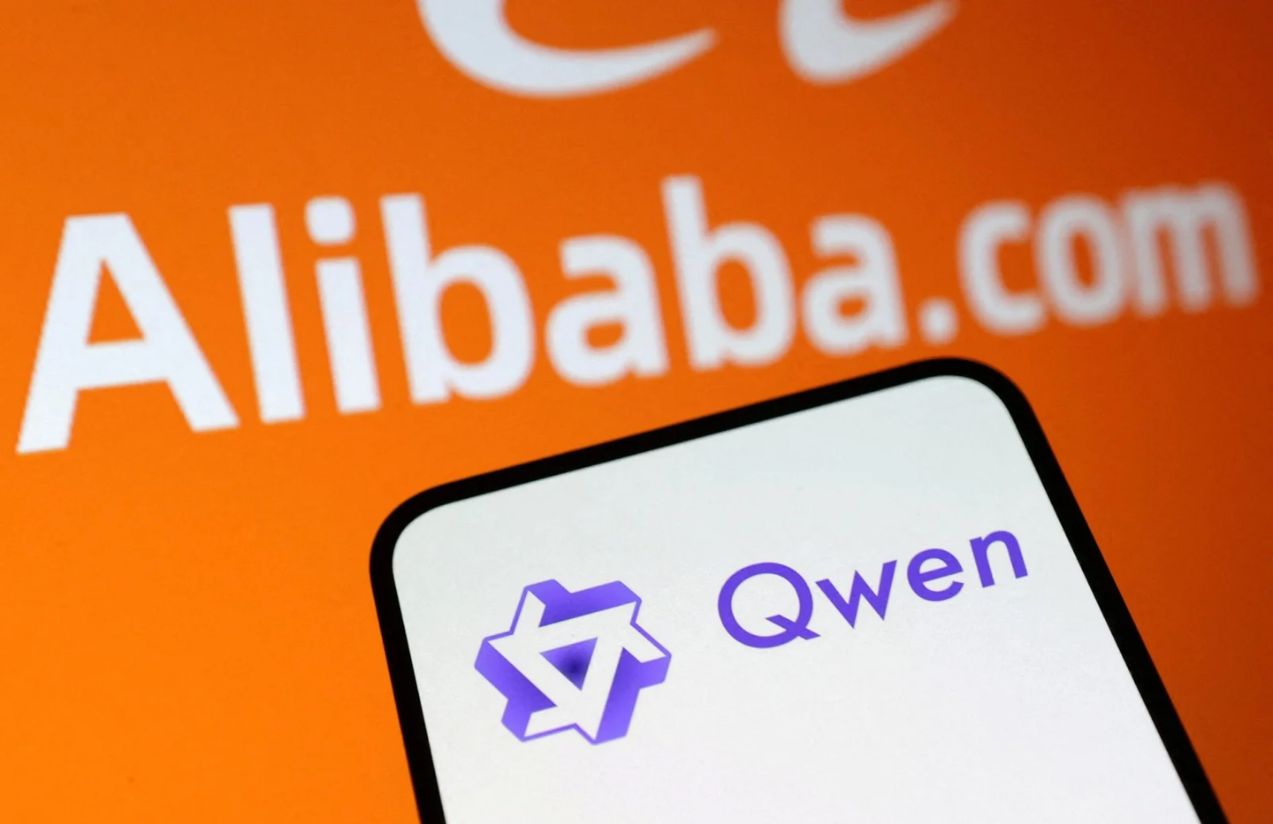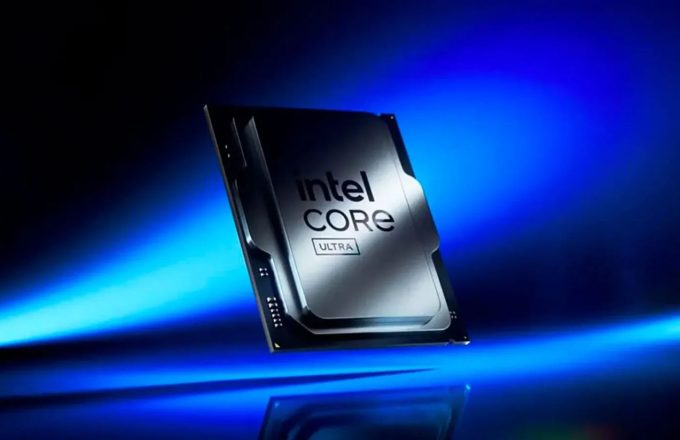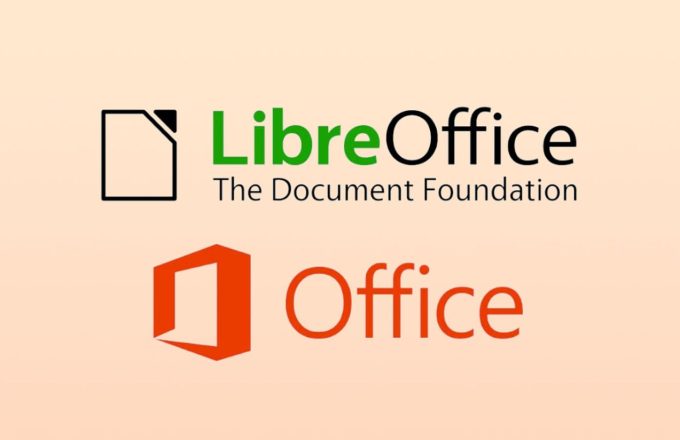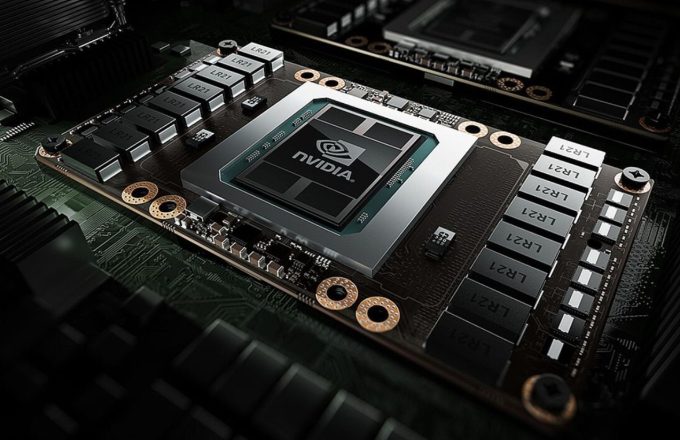Alibaba has just unveiled Qwen 3, its new family of artificial intelligence models with hybrid reasoning capabilities—barely three months after DeepSeek shook the industry with its R1 model. Far from coincidental, this move reflects a clear strategy: China’s tech giants are pursuing an approach that stands in stark contrast to that of their U.S. counterparts.
While companies like OpenAI and Google reserve their most advanced features for paying users—$20 per month in OpenAI’s case, or even more for premium access—Chinese giants are releasing open-source models with virtually no restrictions, free for both personal and commercial use. This isn’t about altruism; it’s a direct challenge to the Western business model, which charges for mere access to large-scale AI systems.
Qwen 3 comes in eight versions, ranging from lightweight models with just 600 million parameters—small enough to run on a smartphone—to a massive 235-billion-parameter model that rivals GPT-4 (o3) and Gemini 2.5 Pro. All versions allow users to switch between fast responses and step-by-step reasoning—one of OpenAI’s headline features—offered here with no paywall.
This may be AI’s “Linux moment.” China isn’t interested in building walled gardens; it wants to dismantle the commercial logic that underpins the dominance of U.S. tech giants. Every open-source release that nears the performance of proprietary systems chips away at their perceived value. The question becomes unavoidable: why pay for ChatGPT when you can deploy Qwen 3 for free and get similar results?
Pressure on OpenAI, Google, and Anthropic is mounting with each new model from Asia. Salesforce CEO Marc Benioff summed it up after DeepSeek’s debut: “The models and the interface are already commodities; the value lies in the data.” While Silicon Valley is still debating this idea, China has already embraced it.
The vision is straightforward: foundational models will become just another utility. The business will lie in the applications and the data that power them. It’s no surprise that Alibaba proudly reports Qwen has already inspired over 100,000 derivatives—surpassing even those based on Meta’s LLaMA.
Silicon Valley now faces a dilemma: cling to its closed model and risk becoming irrelevant, or open up and forgo short-term revenue. The irony is striking: the free-market West is being challenged by Chinese firms waving the flag of open source.
While Elon Musk speeds ahead with Grok 3.5 and OpenAI continues to push its subscription path, China is surging forward: more power, lower cost, and a future where paying for AI could feel as outdated as paying for an operating system.




















